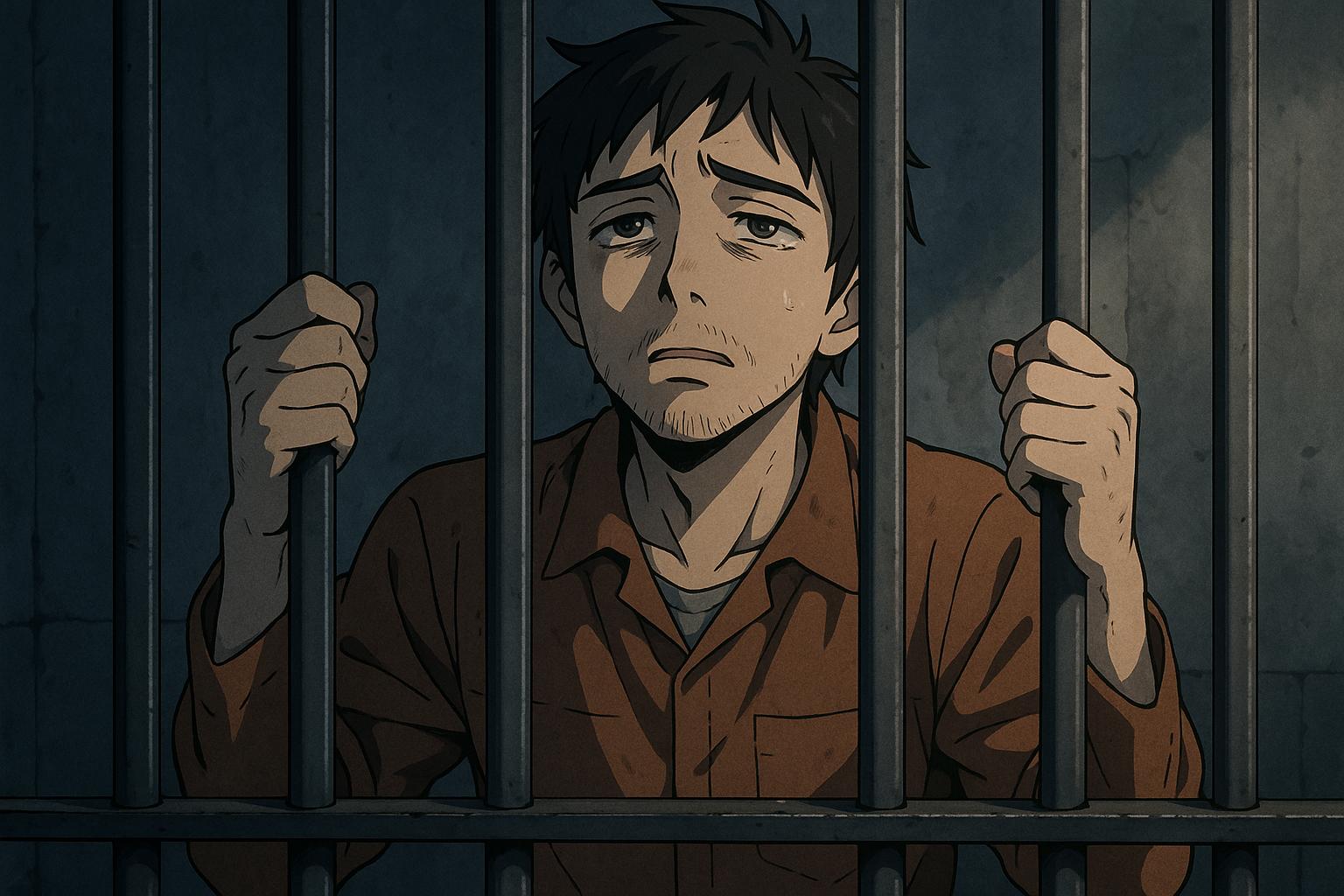The exclusion of prisoners currently serving Imprisonment for Public Protection (IPP) sentences from new measures aimed at alleviating the UK's prison overcrowding crisis has drawn sharp criticism and highlighted ongoing concerns about human rights and justice reform. The announcement from Justice Secretary Shabana Mahmood regarding the automatic release of certain recalled prisoners after 28 days has been described as a missed opportunity, particularly for those trapped under the controversial IPP regime, which has been labelled both morally and ethically problematic.
Introduced in 2005 as a means to combat crime, IPP sentences were designed to keep offenders incarcerated until they could demonstrate they no longer posed a risk to society. However, these sentences, which were abolished in 2012 due to mounting human rights concerns, were not applied retrospectively. As a result, an estimated 2,900 individuals remain incarcerated under an IPP sentence, with many having served significantly longer than their original minimum terms. Some, like Thomas White and Abdul Suleman, have been imprisoned for nearly two decades for relatively minor offences.
Campaigners and legal experts have voiced deep concerns regarding the psychological toll on these prisoners. The UN Special Rapporteur on Torture, Alice Jill Edwards, has urged the UK government to re-evaluate all indefinite sentences, stressing that the current system perpetuates severe psychological distress. Edwards has pointed out that a disturbing 94 IPP prisoners have taken their own lives while in custody, a startling figure that underscores the urgency for reform.
The Justice Committee in Parliament has also decried these sentences, labelling them "irredeemably flawed" and advocating for a comprehensive resentence programme. This committee's findings echo wider calls for reform, noting that substandard support services have contributed to a vicious cycle dubbed the "recall merry-go-round." Many of these prisoners have not committed any additional crimes, yet remain incarcerated due to minor breaches of stringent licence conditions. According to a spokesperson for the United Group for Reform of IPP (UNGRIPP), the government is missing a chance to alleviate prison overcrowding while wasting taxpayer money on maintaining these outdated sentences.
Activists and family members of IPP prisoners express frustration and outrage at the ongoing neglect of this issue. Mandy Lawrence, mother of James, who has been imprisoned for over 19 years—well beyond his minimum tariff—has described the situation as “disgusting”, lamenting that IPP prisoners continue to be overlooked. Additionally, campaigner Shirley Debono has referred to the exclusion from release measures as another “slap in the face” for families and advocates fighting for justice.
The implications of this exclusion extend beyond mere statistics. Reformed IPP prisoner Marc Conway has articulated the despair felt by many IPP inmates, stating, “It feels like if you are IPP you are being punished again and again and again.” He highlighted the heightened risk of self-harm among these individuals, warning that neglect in addressing their plight may lead to further tragic outcomes.
Experts label the government's approach as insufficient, noting that while rapid responses to current prison crises are necessary, a more fundamental, systemic change is needed to address the underlying issues of IPP sentencing. Richard Garside of the Centre for Crime and Justice Studies has emphasised that the government’s current measures, which focus on those serving determinate sentences, are merely “tinkering” with a much larger problem.
While the Ministry of Justice insists that the Parole Board evaluates IPP prisoners for potential release every two years and that all offenders serving sentences of four years or more are excluded from the recent release initiatives, the ongoing plight of IPP prisoners remains a glaring issue. Critics argue that without bold, comprehensive reforms, including the potential re-sentencing of these individuals, the UK risks perpetuating a system that is increasingly tarnished by allegations of cruelty and ineffectiveness.
The stark reality is that thousands of prisoners remain mired in a system that many deem indefensible and inhumane. Until the government takes meaningful action to rectify the injustices of the IPP regime, the outcry for reform will persist, underlining a critical and urgent need for change within the UK justice system.
Reference Map
- Exclusion from emergency measures and criticisms.
- UN's call for review of IPP sentences.
- Justice Committee's findings on IPP sentences.
- UN expert's concerns regarding psychological impact.
- UN's criticism of government's justification for indefinite detention.
- Coalition calls for IPP reforms.
- Commentary on the implications of the IPP policy.
Source: Noah Wire Services
